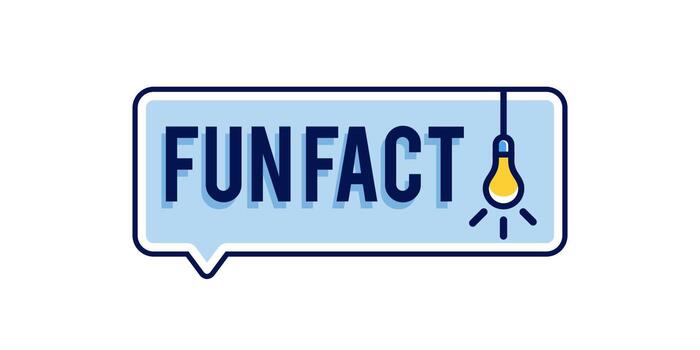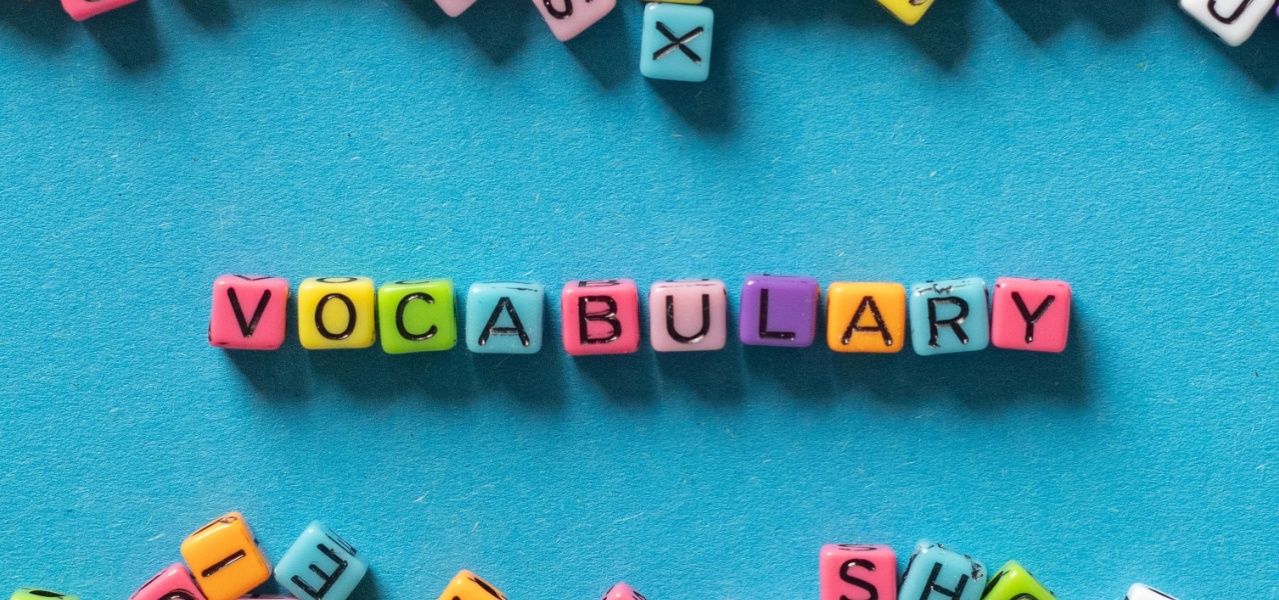People are fond of saying they know they are getting old because they can’t remember people’s names like they once did.
I hear this all the time.
While it may be true that your memory can wane with age, forgetting names is not always about a decline in mental acuity:
You just know more people.
The number of people you know or have known from your twenties to your forties and beyond increases exponentially. Colleagues, neighbors, friends, friends of friends, and spouses of friends constantly come and go. You get to know your dry cleaner, mechanic, landscaper, and hundreds of other people with whom you do business and do business with you.
These people pile up quickly.
Then you get married, and in addition to all of the people in your life, you instantly absorb all of the people in your spouse’s life:
Their family, friends, colleagues, acquaintances, plus all of their spouses, too.
Then you have kids and begin meeting your child’s friends and their parents. You meet the parents of children in your kids’ classes, on their Little Lague teams, and in their Scout troop, dance troops, and origami club. You meet the parents of kids in the Gay-Straight Alliance, the Air Guitar Club, and the Taco Appreciation Society.
Many of these parents have spouses, too, and you meet a bunch.
If you’re religious and attend temple, church, or synagogue regularly, the numbers get even larger.
If you’re serving in the military, the numbers get larger still.
If you work in a profession like education, medicine, or politics and interact with large numbers of people daily, often in an interpersonal way, the numbers can skyrocket.
Then you have those parasocial relationships:
People who know you because they know of you. As an author, columnist, performer, online presence, and overall public figure, I meet many people who know me better than some of my friends, but I have met them zero or maybe one time in my life.
They know the hell out of me, including my name, personal history, and favorite foods, but I have no idea who they are or why I might know them.
So yes, perhaps your memory is failing a bit, but is it possible, if not probable, that you’re forgetting names because you know or have known so many damn people?
I think so.
When you have more information to remember, you have more information to forget.
So stop declaring that you’re getting old. Stop saying those ugly words aloud. I think it’s essential.
Here’s why:
Science tells us that our brain constantly listens to us for clues about how to react and respond to how we feel, think, and live.
Announce that you’re getting old often enough, and your brain will start to believe it and take action in lots of legitimately terrible ways:
- Statements like “I’m old” can trigger the limbic system, particularly the amygdala, which processes emotions like fear, anxiety, or sadness. If the statement has a negative emotional charge, it can also elicit feelings of helplessness or stress.
- The brain’s neuroplasticity (ability to change and adapt) responds to repetitive thoughts and beliefs. If negative self-talk is repeated, it can strengthen neural pathways associated with feelings of decline or inadequacy.
- If saying “I’m old” evokes worry or self-criticism, it could activate the hypothalamic-pituitary-adrenal (HPA) axis, increasing stress hormones like cortisol. Chronic stress is linked to cognitive decline and reduced brain health.
- The brain tends to look for evidence that supports its beliefs. If you say, “I’m old,” your brain might focus on physical or cognitive changes reinforcing this belief.
- Negative self-statements can reduce motivation to engage in healthy behaviors like exercise, socializing, or learning new skills—all of which support brain health. The brain may interpret the statement as a signal to “slow down” or “give up.”
When we walk around speaking negatively about ourselves — sometimes for illegitimate reasons — we help to establish, perpetuate, and solidify those beliefs.
If you see aging as a positive, glorious, and wondrous process, speak about getting old as often as you’d like. If talking about aging amounts to positive self-talk in your mind, do it all the damn time.
It makes no sense to me but to each their own.
But if you’re complaining that your inability to remember a name or face is a sign of aging, stop it. It might be, but it’s probably more a function of the amount of data you are constantly inputting on a daily, monthly, and yearly basis.
Instead, maybe say:
“It’s more difficult to remember names now that I’m blessed to know so many people. What a great problem to have.”
That is a statement that your brain would love to hear.







